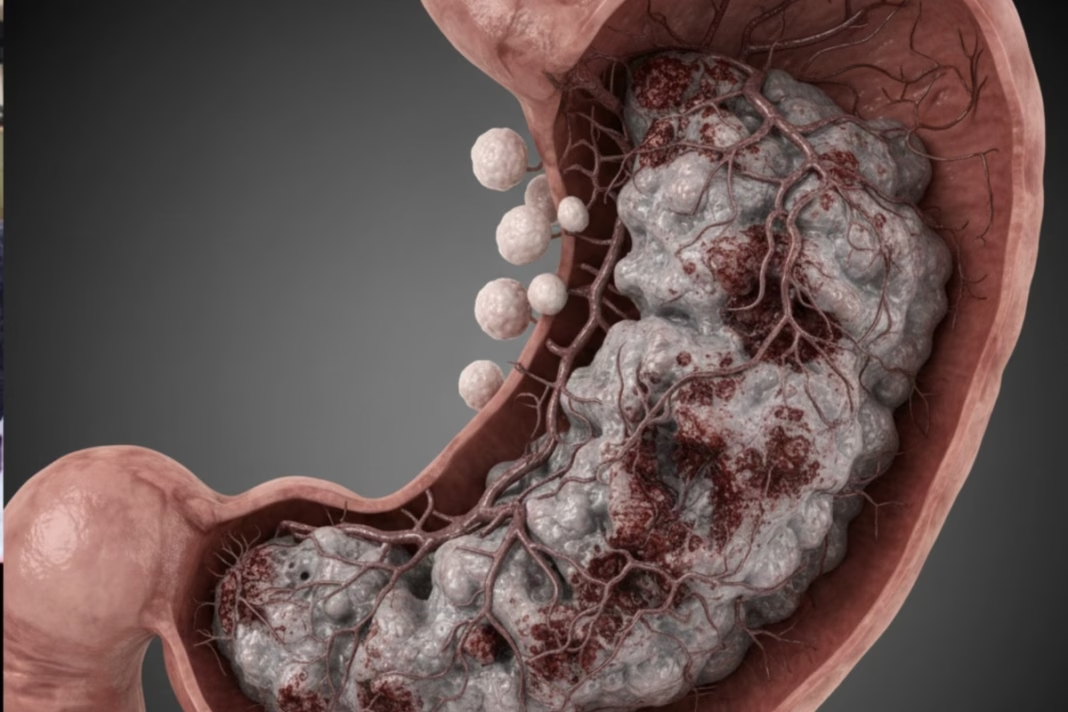Stomach cancer is one of the most serious health concerns today, but did you know that small changes in your diet and lifestyle can make a big difference? In a recent video, gastroenterologist Dr Sethi shared four science-backed ways to lower your risk of stomach cancer. Here’s a simple breakdown of what he recommends and why it matters.
Ways To Lower Stomach Cancer Risk
1. Eat More Cruciferous Vegetables
Vegetables like broccoli, cabbage, cauliflower, kale, and Brussels sprouts are part of the Brassicaceae family and are rich in sulforaphane. This natural compound is formed when these veggies are chopped or chewed. Dr Sethi explains, “Laboratory and animal studies suggest sulforaphane helps activate the body’s detox enzymes and reduces DNA damage caused by carcinogens.”
In simple terms, these veggies may help your body fight harmful cells before they turn cancerous. Practical tip – Lightly steam them to preserve most of the sulforaphane, instead of overcooking.
2. Add Garlic To Your Meals
Garlic isn’t just a flavour booster—it’s a potential cancer fighter. It contains allicin, released when garlic is chopped or crushed. Dr Sethi notes, “Allicin has antioxidant, antibacterial, and anti-inflammatory effects.” Studies have also shown that people with higher garlic intake tend to have a lower risk of gastric cancers.
For best results, crush or chop raw garlic and let it sit for 5–10 minutes before using it in cooking or eating it raw.
3. Limit Processed Meats
Bacon, sausages, hot dogs, ham, and other processed meats are classified by the WHO as Group 1 carcinogens. They often contain nitrates and nitrites, which can turn into cancer-causing nitrosamines in the stomach. High salt content further damages the stomach lining, increasing vulnerability to carcinogens and H pylori infection.
Dr Sethi advises replacing processed meats with healthier options like fish, legumes, or unprocessed poultry.
4. Test For H. pylori If Symptoms Persist
One of the most important tips is to check for Helicobacter pylori infection if you have chronic indigestion or upper abdominal discomfort. This bacteria can cause inflammation, ulcers, and significantly increase the risk of stomach cancer. Dr Sethi explains, “Treating H. pylori with antibiotics plus acid-suppressing medication can eliminate the bacteria and reduce future cancer risk.”
Watch for warning signs like persistent bloating, burning pain, unexplained weight loss, blood in stool, or iron-deficiency anaemia.
Simple lifestyle changes combined with regular check-ups can go a long way in keeping your stomach healthy and lowering cancer risk.



